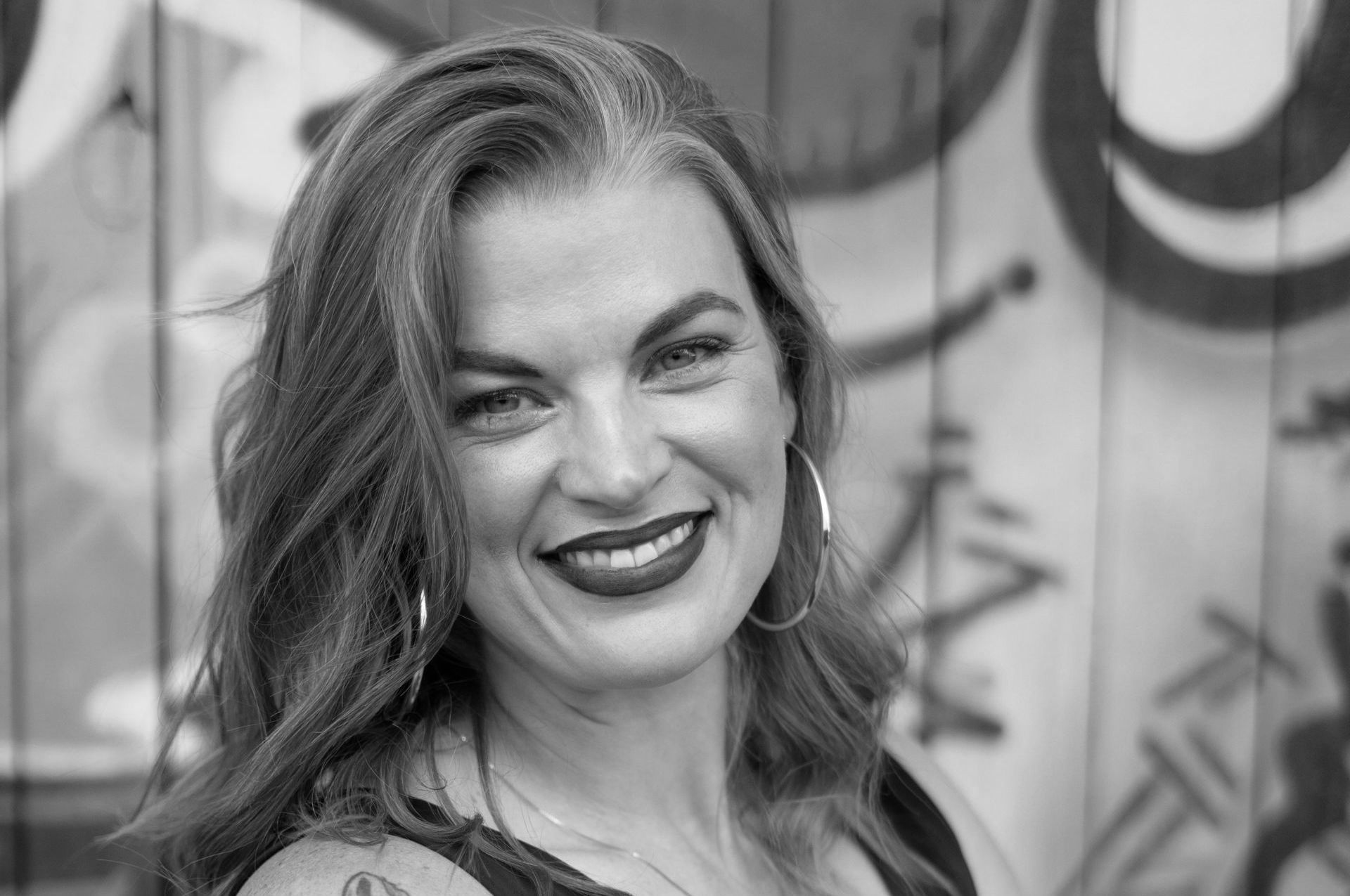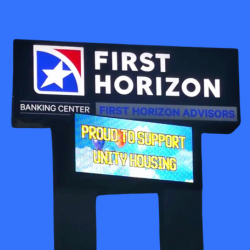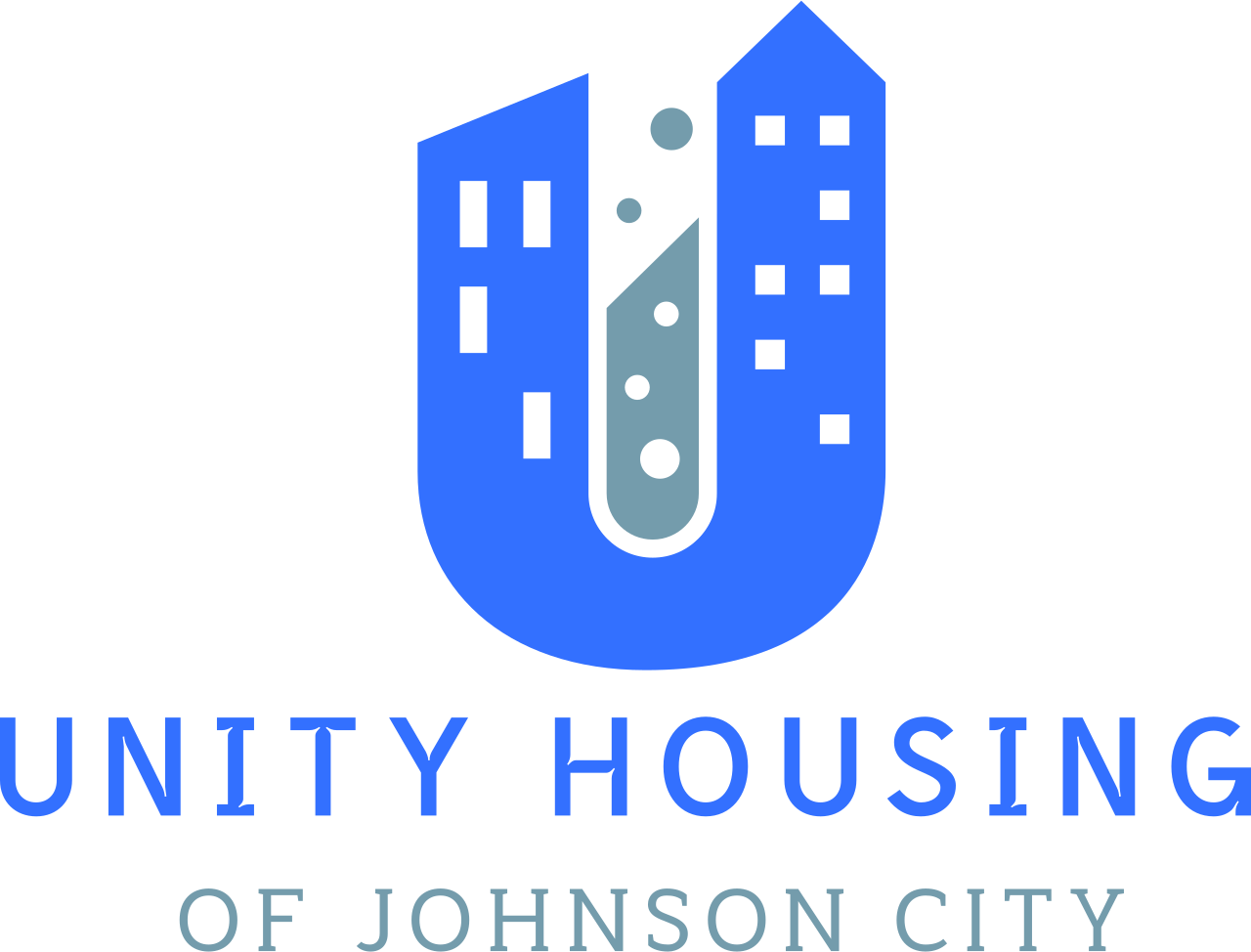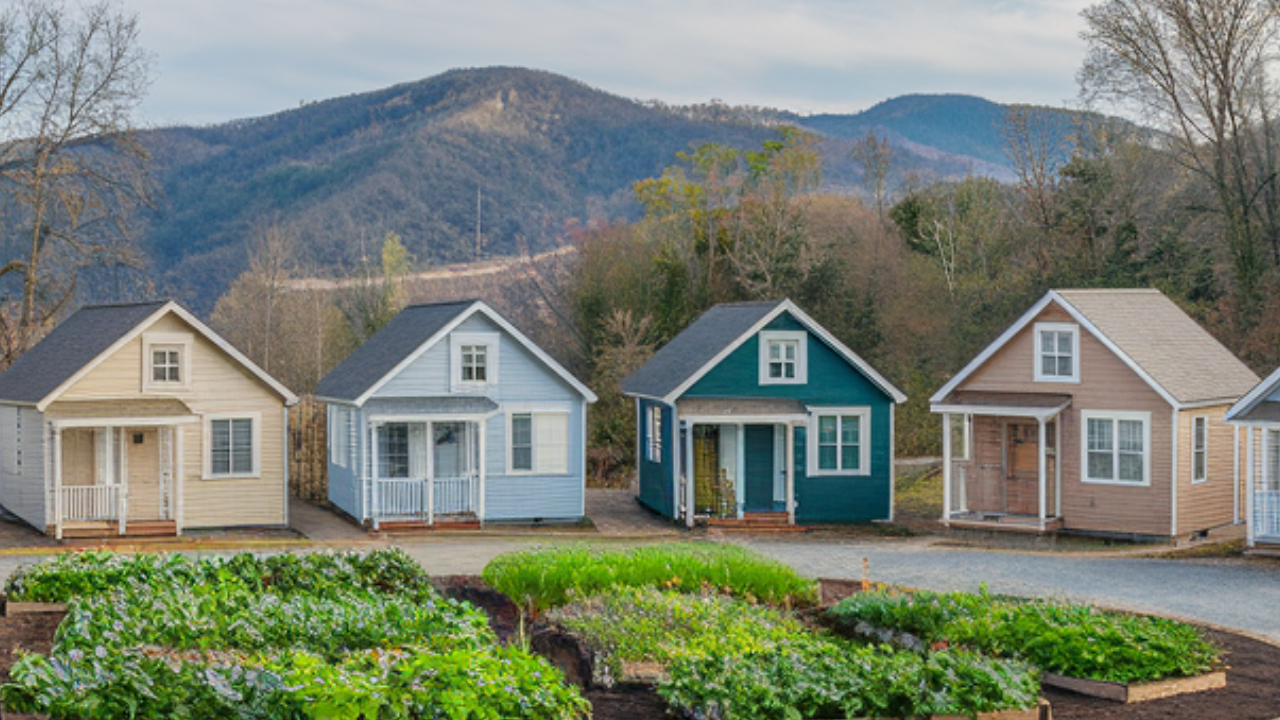Blog

As part of our commitment to transparency and keeping you informed, we're launching this monthly blog to share updates on Unity Housing's progress, challenges, and vision for the future. This is our first entry, and I hope it provides valuable insight into our work and the road ahead. We are running an organization dedicated to filling a gap in our community that shouldn’t need to exist. It's a paradox, isn't it? Our healthcare system, regardless of payer, is something we all contribute to. Unpaid debts become charitable write-offs for non-profit hospitals. 49.2% of hospitals in the United States are registered as non-profits [1] Our regional system, Ballad Health, is no exception and operates as a non-profit through the Ballad Health Foundation [2]. It's infuriating that our nation's system intended to serve our most vulnerable still has such broad gaps in care. Our biggest project on the horizon is to build a Medical Respite campus to serve an elderly population. "Elderly" is considered those who are 55+, given the tragic reality that homelessness expedites mortality by 17.5 years on average [3]. Sadly, many of those experiencing homelessness are Veterans. These two populations are those who’ve already paid into the system, through a lifetime of contributions or dedicated service, and are disproportionately represented among those we aim to serve. Veterans comprise a staggering 13% of the homeless adult population [4], and older Americans are experiencing homelessness at an alarming rate [5]. It is devastating every time I see someone who appears to be my grandparent’s age accessing our emergency shelters; and it’s happening more and more. The frustration deepens knowing that once operational, research demonstrates a positive return on investment for Medical Respite programs [6]. It's a perpetual "rock and hard place" scenario. We know reimbursement is possible, potentially covering overhead, yet access requires being launched. This makes sense until grant funding is reliant on property ownership, and property ownership requires our current funding as a down payment. To work with a bank, we must retain that funding for a 20% down payment. Even with that, we have to make sure there's enough funds to provide direct care, reimbursement services, yet that also hinges on having patients. So, we remain an organization propelled by professional expertise and a deep-rooted cultural understanding of Appalachia, classically underfunded – a familiar story to many, I suspect. My dream is for us to become a Cinderella story. As an underdog since launch, our founding board – comprised of some of the most seasoned professionals in the region – set a course that we will steadfastly stay the course on. Medical Respite is what our community deserves; a crucial service gap in East Tennessee filled. While frustrating, this challenging reality is simply the realistic path to creating something meaningful. I have been studying Medical Respite for about three years now, from reimbursement rates and effectiveness to best practices, ROI, and required social services. If it's peer-reviewed, I've likely devoured it, much to the chagrin of my friends who can attest to my increasing obsession. I wake each day weighing the frustration of stagnation with the excitement of possibility. I've studied the gaps in our service system for individuals experiencing homelessness and I am excited, and ready, to do the hard work to gain public trust and forge bridges with key partners to achieve financial viability. Because, at the end of the day, I know what we need to make our community better. Once Medical Respite is established, I can't wait to start this process again, envisioning our next project: building something for our families experiencing homelessness, a day shelter, or a pet-friendly shelter – all critical programmatic deficits identified by the data. Can you imagine what we can accomplish as a community, through grassroots efforts, in one of the most volatile political landscapes in American history? How incredible would it be to act in our residents' best interests, despite governmental efforts to minimize services for our elderly and veterans? It may be Polly Anna-esque, but that's what I lean into. Every day I see folks wanting this problem solved, wanting our residents to have better. Instead of waiting for things to change, help us in providing direct and lasting care that has a direct impact on the community. Here's how you can get involved: Donate: Every dollar counts in getting us closer to purchasing our campus/location for medical respite. Your contributions will provide those essential startup costs for medical supplies, and our team. Here is our initial fundraising page for MR [INSERT LINK] Become a Board Member: CPAs, accountants, lawyers, physicians, nurses – check out our opportunities page [INSERT LINK] Join our Community Advisory Committee: Contribute on social media, volunteer at an event, take charge of events, fundraise - check out our opportunities page [INSERT LINK] Spread the Word: Share our story with your friends, family, and colleagues. Help us raise awareness about the need for Medical Respite in Johnson City and beyond! By sharing and getting the word out, that will enable us to create those new bonds with investors and possible financial partners. Let's build a healthier, more compassionate Johnson City, one step at a time. Resources: 1. ASPE - Hospital Ownership Data Brief: https://aspe.hhs.gov/sites/default/files/documents/582de65f285646af741e14f82b6df1f6/hospital-ownership-data-brief.pdf 2. Ballad Health Foundation: https://www.balladhealth.org/foundation 3. National Healthcare for the Homeless Council - Mortality and Homelessness: https://nhchc.org/wp-content/uploads/2024/11/mortality-and-homelessness.pdf 4. National Coalition for Homeless Veterans - Veteran Homelessness: https://nchv.org/veteran-homelessness/#:~:text=Homeless%20veteran%20demographics-,13%25%20of%20the%20homeless%20adult%20population%20are%20veterans,compared%20to%2019%25%20non%2Dveterans 5. National Alliance to End Homelessness - Older Americans and Homelessness: https://endhomelessness.org/blog/paint-by-numbers-older-americans-and-homelessness/ 6. National Institute for Medical Respite Care - Business Case for Medical Respite: https://nimrc.org/wp-content/uploads/2021/01/Business-Case-for-Medical-Respite-Shepard-Shetler-v721.pdf

Unity Housing's blog post describes the impact of a $10,000 grant on their movement to establish medical respite services in Johnson City. The post emphasizes the significance of community support and the grant as a vote of confidence in their mission. It highlights the potential positive outcomes of providing medical respite and encourages further participation and assistance from the community.



